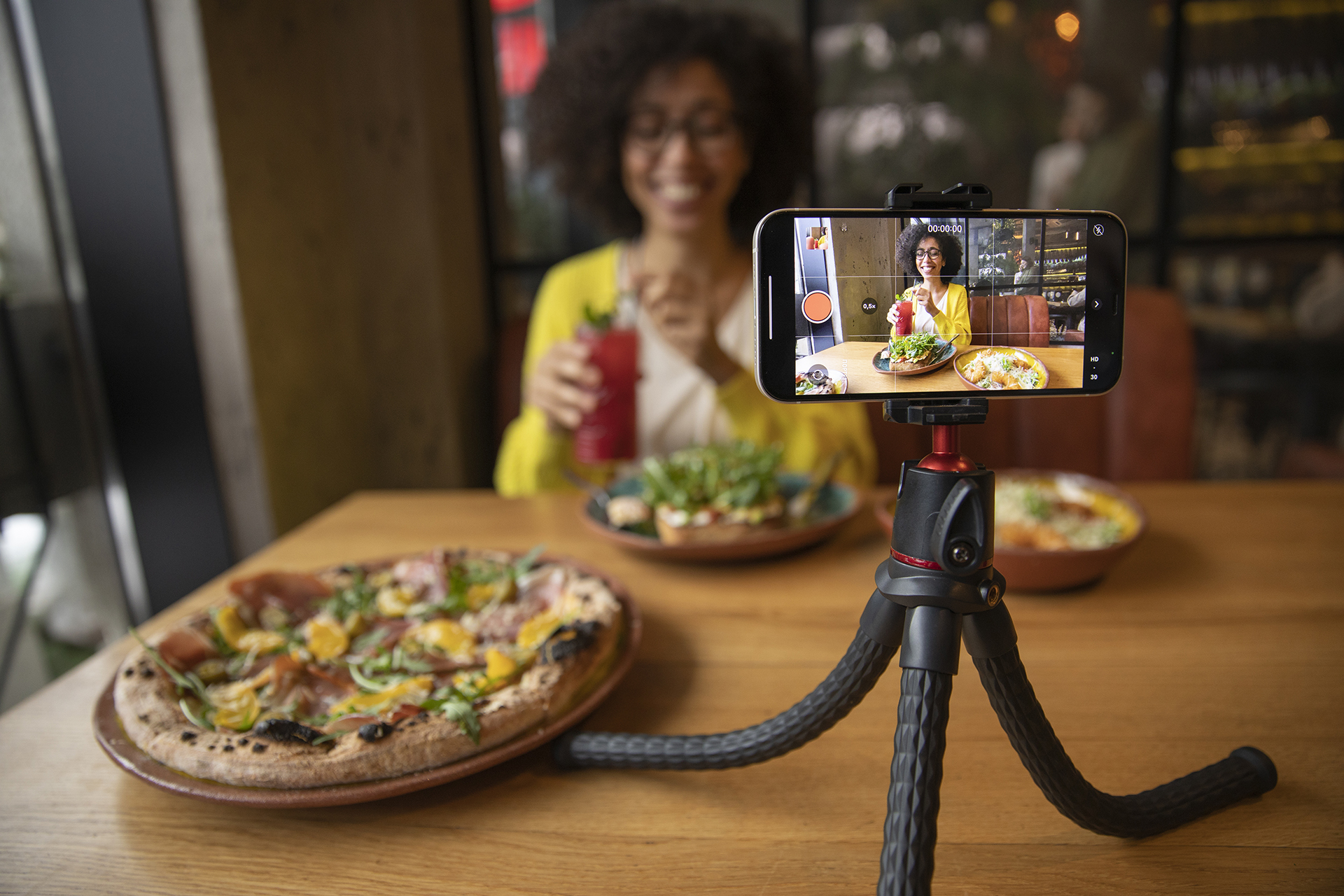
Understanding Social Proofing and Influencer Marketing for Restaurants

The two fastest growing and impactful restaurant technical advancements are not technologies at all. The developments are ‘social proofing’ and ‘influencer marketing’ and they have been proven to build customer trust while increasing restaurant traffic. Social proofing is defined as a psychological phenomenon where people simulate the actions of others in an attempt to reflect correct behavior. In other words, social proofing involves creating loyal customers who’ll spread positive commentary (via a haiku or website posting) about an establishment. Influencer marketing, on the other hand, involves a person with an engaged social following using a social media account to share positive experiences related to dining occasions and thereby attract customer participation. Professional influencers typically exchange endorsements for compensation.
From a restaurant marketing perspective, social proofing occurs when guests, or potential guests, read what others are recounting about an experience and then make a determination based on that feedback. In other words, social proofing is used to build consumer trust by showcasing the favorable outcomes of others. Customers tend to be more likely to frequent places others have favorably endorsed. As a result, ratings through online food review platforms have been found to play a significant role in increasing a restaurant’s reputation and attractiveness.
Most industry practitioners credit online channels with transforming brand-customer relationships, creating differentiated ways to foster loyalty, and promoting enhanced personalized experiences. In such a dynamic, customer engagement represents the two-way relationship between a brand and its customers. Social media, brand communities, and influencer partnerships can also drive customer engagement. Not surprisingly, select brands are beginning to recognize that the customer has gained increasing control in the relationship.
With more and more brands making the switch from traditional marketing to online marketing, analytics can be applied to measure brand longevity. Great reviews and ratings on sites like Google and Yelp have been shown to build image and reputation while encouraging customers to interact with the business.
Join IFBTA and receive our white papers: https://ifbta.member365.com/public/login/membership/0d89f1850bd782eaae59edcd376be5ebb9611fdd/1






